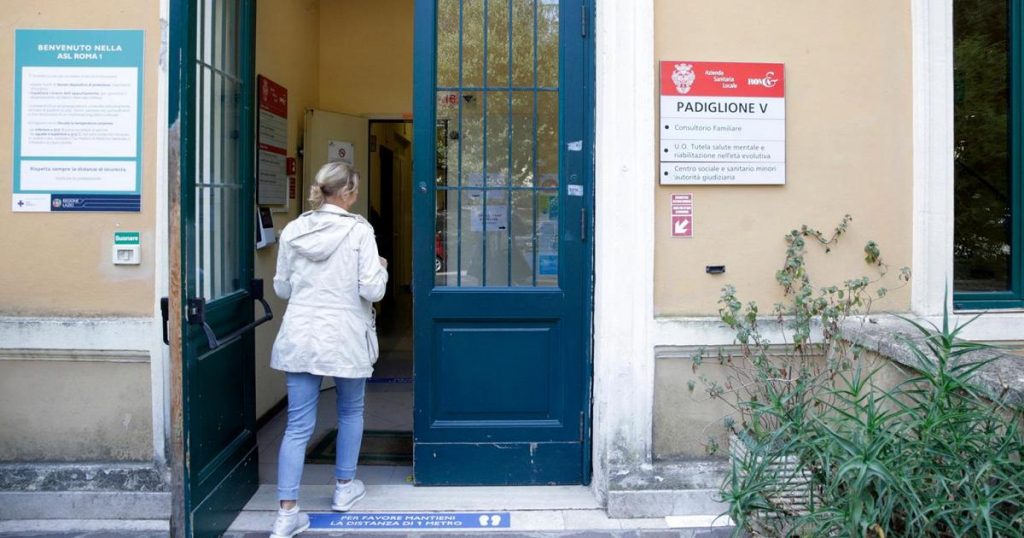Italian Prime Minister Giorgia Meloni responded to criticism from Spanish Minister Ana Redondo regarding the inclusion of pro-life representatives in Italian clinics, stating that foreign ministers should be knowledgeable about Italian issues before commenting on them. The provision was added to the Pnrr decree by Lorenzo Malagola of Fdi. Spanish Minister Redondo criticized the presence of pro-life representatives in Italian clinics, equating it to organized harassment against women seeking abortions. However, Italian Minister Eugenia Roccella defended the provision, stating that it simply reproduces an article of the abortion law that has been in place for 46 years.
Former Spanish Minister of Equality, Irene Montero, also weighed in on the issue, stating that abortion is a fundamental right for all women and a human right. She criticized the Italian government for potentially endangering the lives and safety of women by including pro-life representatives in clinics. In Italy, the controversy continues to escalate, with the Pd Senate group leader Francesco Boccia accusing the government of aligning with the Orbanian drift and comparing the situation to giving hospitals to anti-vaxxers. On the other hand, Azione President Mara Carfagna criticized the government for including the provision silently in a different measure.
In response to the criticism, Fratelli d’Italia’s Vice Group Leader in the Chamber, Manlio Messina, defended the government’s actions by stating that they are simply applying the existing law that protects life. He emphasized that they are not taking away any rights, as they still support women’s right to choose whether to have an abortion or keep a child. The debate surrounding the provision continues to divide opinions, with different political leaders expressing contrasting views on the matter. It highlights the complexities and sensitivities surrounding the issue of abortion rights and the role of pro-life advocates in healthcare settings.
The debate also underscores the importance of understanding the legal frameworks and historical contexts that shape decisions around reproductive rights. Both Italian and Spanish officials are engaging in a dialogue that reflects broader discussions about fundamental rights, gender equality, and the role of the state in regulating healthcare practices. The tensions between different perspectives on abortion highlight the ongoing struggles to balance individual freedoms with societal responsibilities. The inclusion of pro-life representatives in Italian clinics has sparked a heated debate that touches on ethical, legal, and political dimensions of the issue. It remains to be seen how this controversy will be resolved and what implications it may have for future reproductive health policies in Italy and beyond.


